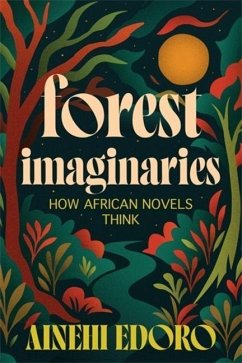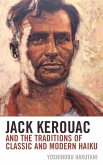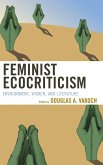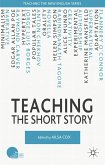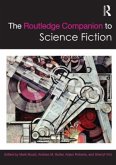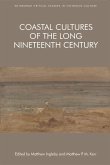Forests in fiction are often understood simply as settings, symbols, or remnants of a premodern past. Yet many African novelists have turned to the forest to experiment with worldbuilding and to imagine new futures. This groundbreaking book explores the life of the forest in African fiction, showing how writers have used it to reinvent the novel's formal, aesthetic, and political possibilities. Ainehi Edoro argues that forests in African fiction are laboratories for unmaking and remaking the world, where writers break apart familiar forms to test alternate forms of life, knowledge, and power. Instead of treating the forest as a backdrop, these writers imagine it as a living structure: a space where politics, history, myth, violence, technology, the magical, and creativity animate fictional worlds. Spanning indigenous African narratives and contemporary science fiction, Forest Imaginaries traces the lineage of forest worlds in African literature: Chinua Achebe's evil forest, the cosmic forest in Wọle Ṣóyínká's mythic imagination, Thomas Mofolo's forest of imperial dreams, Amos Tutuola's endless fractal forest, and Nnedi Okorafor's aquatic forest of new ecological futures. This book rethinks African literary history by showing how African writers draw on the forest--and the wealth of Indigenous ideas about time, space, and storytelling it conjures--to transform the novel's aesthetic, political, and philosophical horizons.
Bitte wählen Sie Ihr Anliegen aus.
Rechnungen
Retourenschein anfordern
Bestellstatus
Storno

